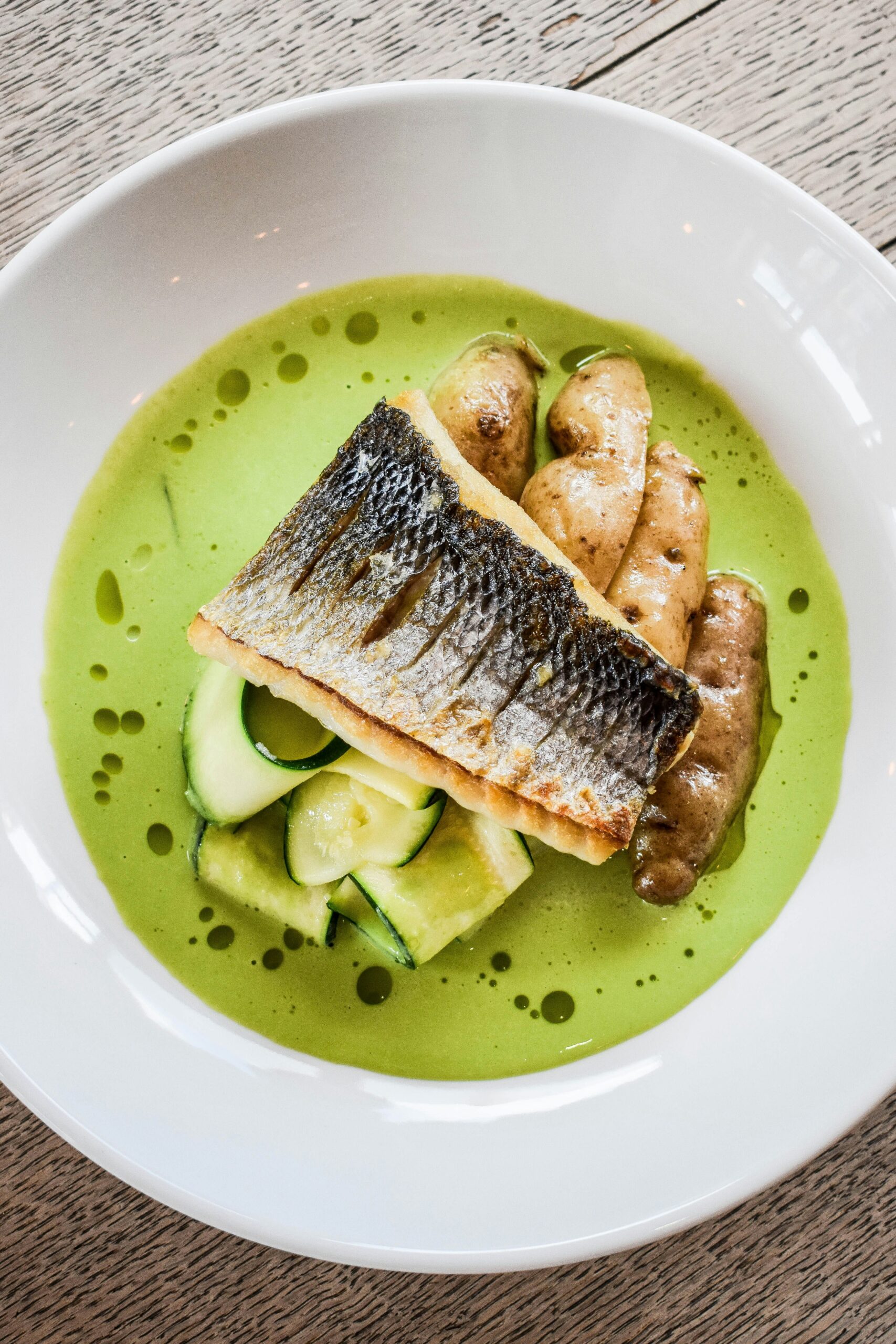Recently, there’s been a big increase in talk about superfoods. Some will supposedly fix your hair, while others might stop you from aging, and if you’ve come across any of these conversations or articles, you may have also heard that fish is supposedly incredible when it comes to immune support, but what does that actually mean? And how much of it is true?
Omega 3
One of the clearest links between fish consumption and immune function comes from omega-3 fatty acids. Oily fish in particular, like salmon, sardines, and mackerel are full of them, and these fats seem to lower inflammation. Not the sort that happens when you twist an ankle – the low-level, chronic kind that results from a range of lifestyle factors.
Less inflammation also means that your immune cells are able to do their job more effectively, which is why omega-3s are usually the first thing people mention when talking about fish and immunity.
Vitamin D
Then there’s vitamin D. In places like the UK where people don’t get reliable amounts of time in the sun, especially during the darker months, many people don’t get enough of it. Among a whole host of other issues, low vitamin D has been linked with weaker immune responses and longer recovery times.
Fatty fish is one of the few natural food sources that contain vitamin D. Salmon and tuna from John West, for example, carry a decent amount – not always enough to cover your entire daily requirement, but enough to make a solid contribution in combination with other foods.

Minerals
Selenium and zinc are both present in fish too. They don’t get the same kind of attention as omega oils or vitamin D, but they can also have a big impact on immune function. Selenium helps limit oxidative stress , while zinc is involved in how immune cells develop and function.
These minerals aren’t unique to fish – you can get them from seeds, legumes, and meat. Still, fish provides an extra route, and combined with other sources, it should be enough for you to meet your daily target.
Protein matters too
It’s important to note that protein is one of the key building blocks that your body is made from, and plays a critical role in a range of immune system and recovery related processes.
Fish is a solid source of complete protein, meaning it contains all the essential amino acids. Cod, haddock, tuna – even the plain ones – are all excellent at feeding the immune system the raw materials it needs to repair and defend.
So how much is useful?
Most dietary guidelines suggest around two servings of fish a week, ideally one of them oily. That’s enough to get benefits without inviting mercury concerns from larger species – the idea isn’t to flood the system, but rather to add another block to your regular diet.
It’s not instant, and you won’t see dramatic effects, but as with all healthy diets, the effects of regularly eating fish will start to add up to have a positive impact on your well being. Over weeks and months, it helps the system stay balanced, ready to respond when it has to.
This is a sponsored collaboration.
You may also like
The Ultimate Guide To Building A Healthy, Balanced Plate For Fussy Eaters
6 Essential Nutrition Tips To Stay Healthy And Vibrant With A Busy Schedule
